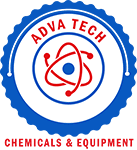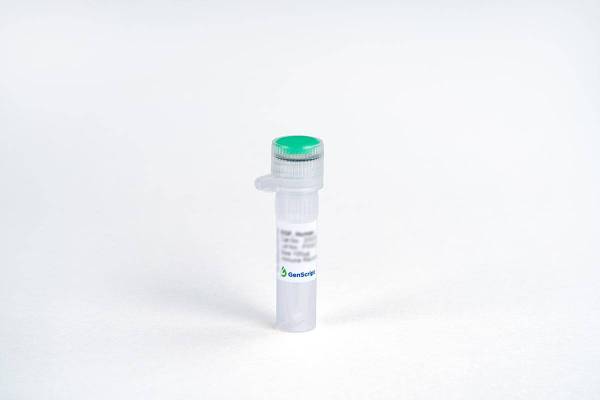Description
Lymphocyte activation gene-3 (LAG-3), also known as CD223, is a cell-surface 70kDa molecule belong to Ig superfamily with diverse biologic effects on T cell function. LAG-3 is a CD4 homolog originally cloned in 1990. The gene for LAG-3 lies adjacent to the gene for CD4 on human chromosome 12 (12p13) and is approximately 20% identical to the CD4 gene. human LAG-3 shares 70%, 67%, 76%, and 73% aa sequence identity with mouse, rat, porcine, and bovine LAG-3, respectively. LAG-3 is expressed on B cells, NK cells, tumor-infiltrating lymphocytes, and a subset of T cells. LAG-3 was relatively overexpressed on transgenic T cells rendered anergic in vivo by encounter with cognate self-antigen. LAG-3 negatively regulates murine T cell activation and homeostasis. LAG-3 activates antigen-presenting cells through MHC class II signaling, leading to increased antigen-specific T-cell responses in vivo. Blocking or knocking out LAG-3 in neuronal cultures or in animals mitigated the transmission of α-synuclein between neurons, and dampened accumulation as well as toxic effects of the fibrils on motor function. Anti-LAG3 antibodies are already being tested as cancer treatments, it could also make a useful therapeutic target to treat Parkinson’s and other synucleinopathies.


